
South Sudanese youth eager to produce food
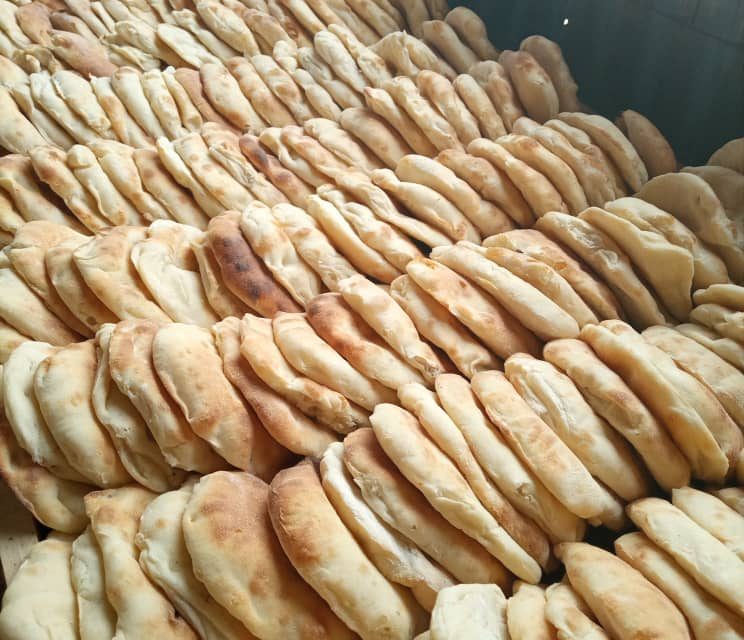
‘’If we come up and get into the processing of food and ideas, it will create jobs for us. It will prevent this issue of ‘I don’t want this person to work in my area, these ones are being employed so much.’ It’s going to prevent all these because everybody needs food.”
On the International Youth Day celebrated internationally Thursday August 12, some young people in South Sudan say they are eager to engage in producing food to reduce food shortages in the country.
25-year-old midwife Esther Jokudu has opened a bakery in the Lologo and Kasire suburbs of Juba to meet the demand for bread in the communities.
The theme of this year’s International Youth Day is “Transforming Food Systems: Youth Innovation for Human and Planetary Health.”
Jokudu and two friends started a bakery business last year due to a high demand for bread in Lologo Two, New Jessi and Kasire areas.
Jokudu said aside from earning extra money to help support her family, she feels good knowing that she is contributing to the country’s food industry.
“I’m proud of what I have done, and it gives me the feeling that I can do something, I can contribute to my country. Me at a personal level can do something and change the community.”
“I have developed a relationship with the people around there and they feel like we’ve brought development to their area.” Jokudu told The Insider.
Even though she and her friends faced several challenges when trying to open the bakery, they never gave up. She says young people need to think about how they can personally help change the country.
“If I wake up and say that I want to do something for this nation, as little as it is, already I’ve changed something.”Jokudu said.
“By starting a bakery in Kasire, we ‘ve created jobs, (and) we have given food to the people around us. You may think that’s something small, but you’ve changed the lives of those people because they used to move long distances to get bread but now it has come too close to them.” She added.
Juba resident Loius Loyata, who owns a vegetable farm in Bujur village of Mangalla, says the job market across South Sudan is poor so he started growing and selling watermelon to make a living.
“One at times stays for six months without a job and it always frustrates youths especially people who are not married (and) people who have families.” Loyata said.
“I found peace with myself in doing this (farming). The product is always out immediately. It has taught me patience. You wait for two months, 45 days then you find something coming out of it, so you really appreciate your sweat no matter how small it is, you will value it.” 28-year-old Loyata explained.
South Sudanese young men and women should view hunger as the enemy and fight it by embarking on massive food production at all levels, starting from the village to big towns across the country, Loyata advised.
“To transform the agricultural sector, I consider it should be a revolution, an uprising for each and every one South Sudanese who thinks that hunger is war, hunger is a disaster, and hunger is sickness and everything.”
“I actually recommend everyone to do agriculture at his level, even at the household level whether in towns; whether in the village at least you have to contribute to the food security of this country.” Loyata says adding for this food revolution to occur the nation’s youth need to put their pride aside and utilize their energy while they are still strong.
Jokudu urges South Sudan officials, investors, and NGOs to invest in young people by supporting those who work in the agricultural sector and food processing.
She said if the government invests in food, citizens will no longer be dependent on imported foods which are too expensive for most families.
‘’If we come up and get into the processing of food and ideas first and foremost it will create jobs for each other. It will prevent this issue of ‘I don’t want this person to work in my area, these ones are being employed so much.’ It’s going to prevent all these because everybody needs food.” Jokudu reiterated.

















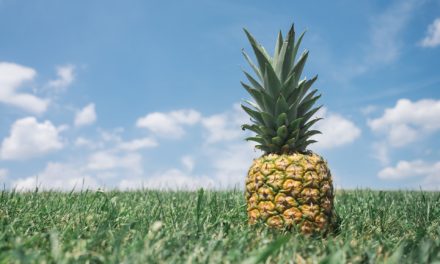
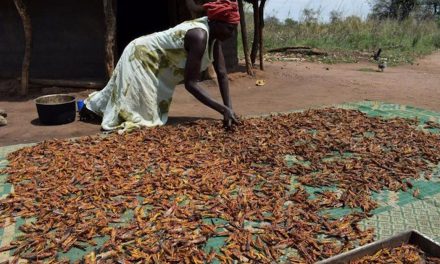
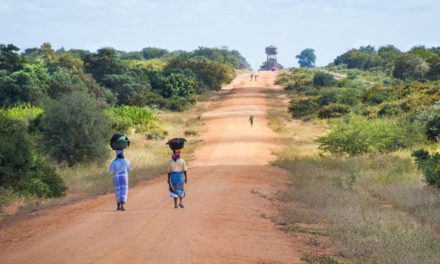
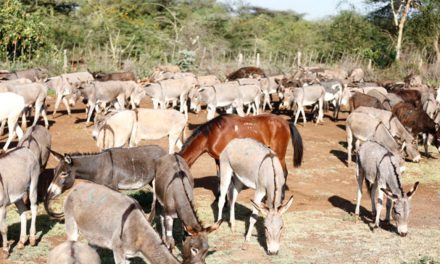
Recent Comments